Indigenous Activists Storm COP30 in Brazil, Accusing Summit of “Greenwashing” Their Struggle
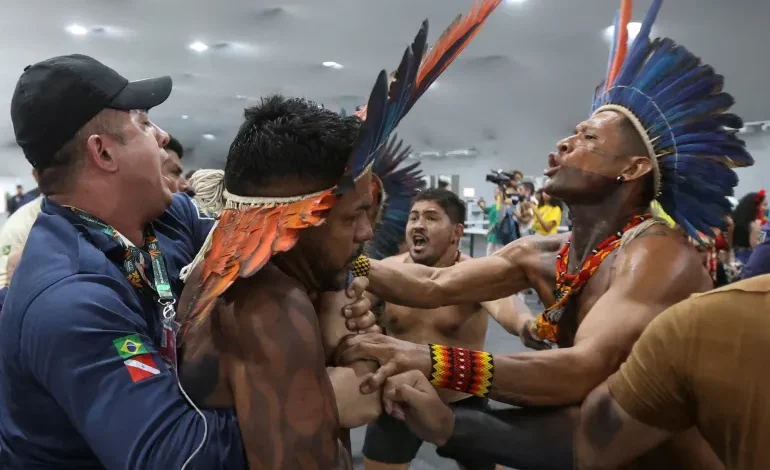
Tensions erupted at the UN climate summit in Belem, Brazil, as hundreds of Indigenous protesters broke through security barriers on Tuesday evening, accusing organisers and the Brazilian government of sidelining Indigenous voices despite public claims of inclusion.
The protest, led by Amazonian Indigenous groups, followed a large march to the COP30 venue, and quickly turned into a dramatic confrontation when dozens forced their way inside. According to the UN, which oversees venue security, the breach caused “minor injuries to two security staff and minor damage to the venue.”
“We can’t eat money,” said Gilmar, an Indigenous leader from the Tupinamba community along the Tapajós River. “We want our lands free from agribusiness, oil exploration, illegal miners and illegal loggers.”
Brazilian President Luiz Inácio Lula da Silva has touted Indigenous communities as “key players” in COP30, declaring last week that global leaders should be “inspired by Indigenous peoples and traditional communities, for whom sustainability has always been synonymous with their way of life.”
But protesters say Lula’s rhetoric doesn’t match reality. During his presidency, agribusiness, mining, and oil exploration have continued to expand across the Amazon — even as his government promotes itself internationally as a climate leader.
A joint statement from the Indigenous Peoples of the Amazon Basin and all Biomes of Brazil underscored that Indigenous territories are “a carbon sink of approximately 340 million tons” of CO₂ and remain “one of the most effective mitigation and adaptation strategies.” The statement demanded legal protection from mining and other extractive industries across key ecosystems, including “the Amazon, Congo, and Borneo-Mekong-Southeast Asia basins.”
Leo Cerda, organiser of the Yaku Mama protest flotilla, which travelled 3,000km (1,864 miles) down the Amazon River to reach the summit, said the movement is about defending the planet, not just Indigenous lands.
Ironically, as the flotilla approached Belem, Brazil’s state-run oil giant Petrobras received a licence to begin offshore drilling near the mouth of the Amazon, a move critics say exposes the deep contradiction between the government’s climate pledges and its economic ambitions.
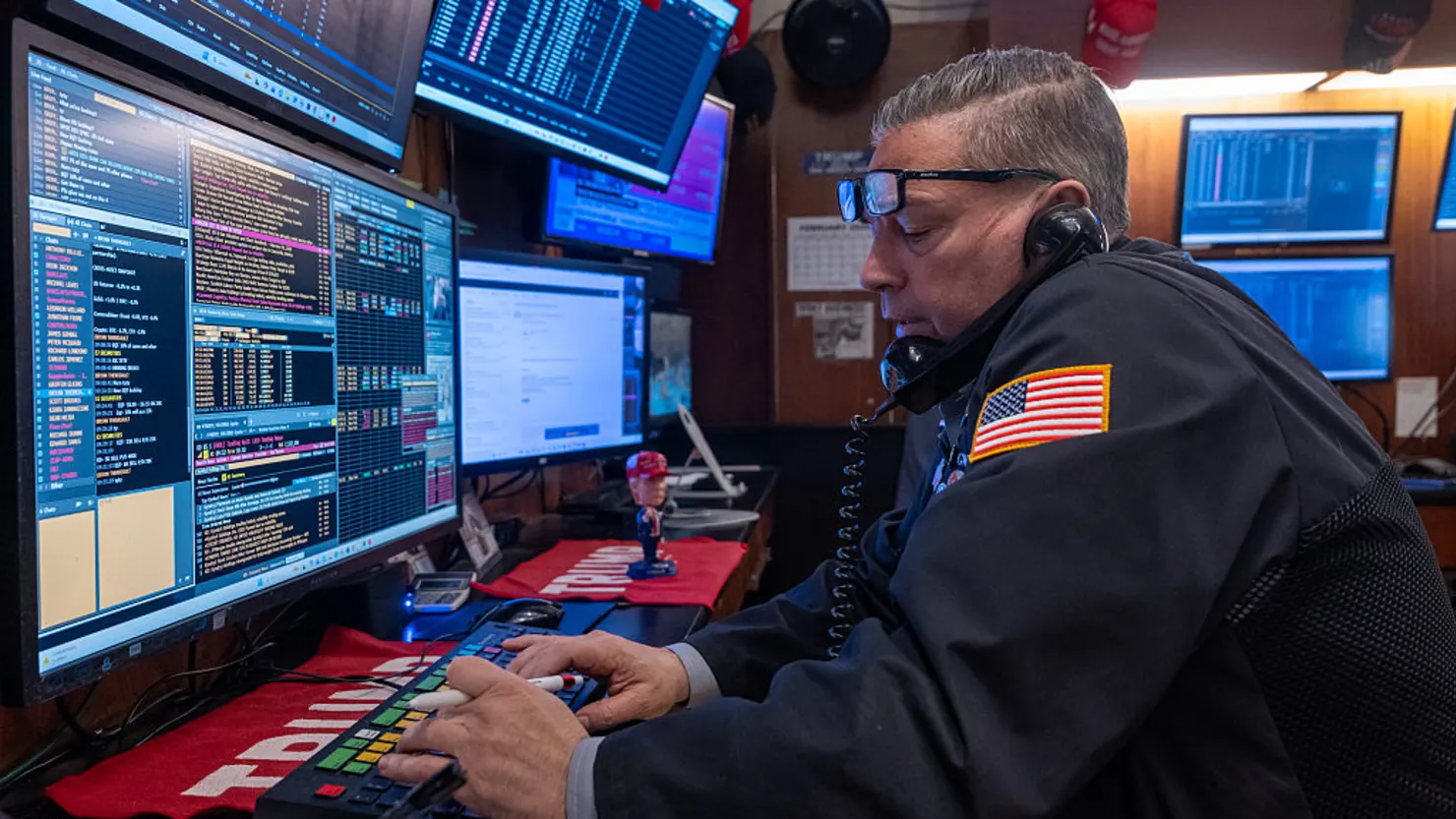
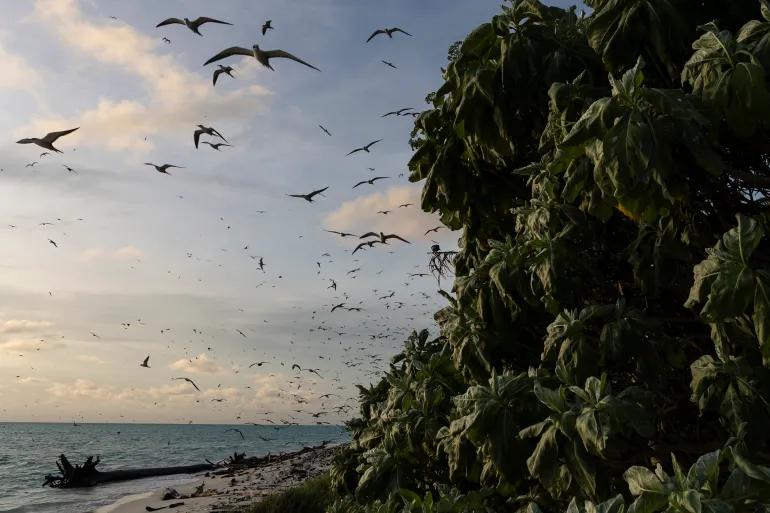
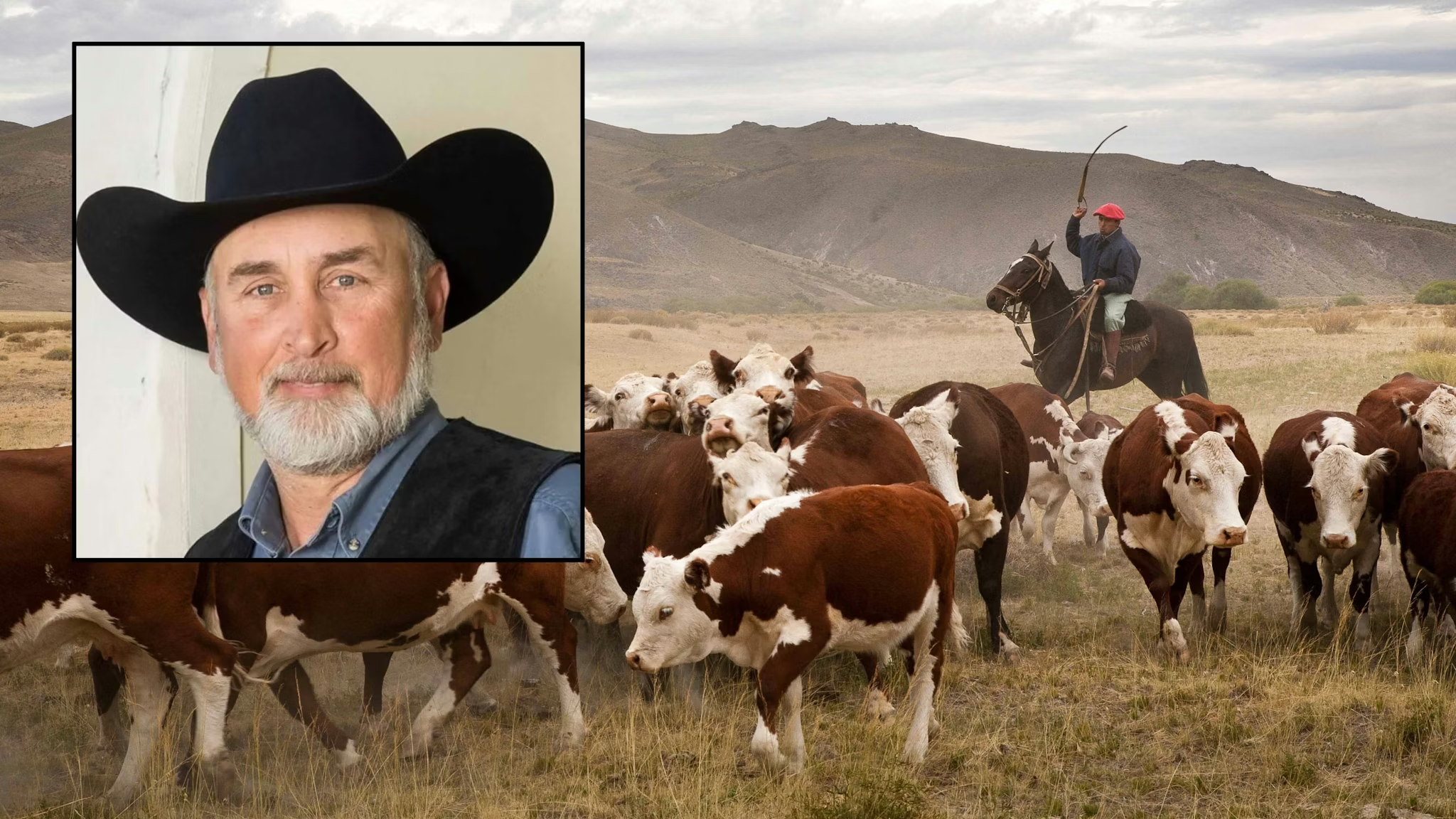
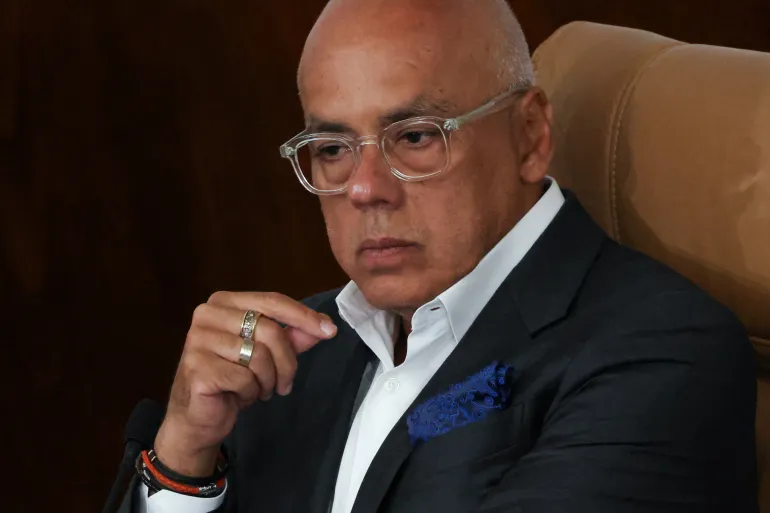
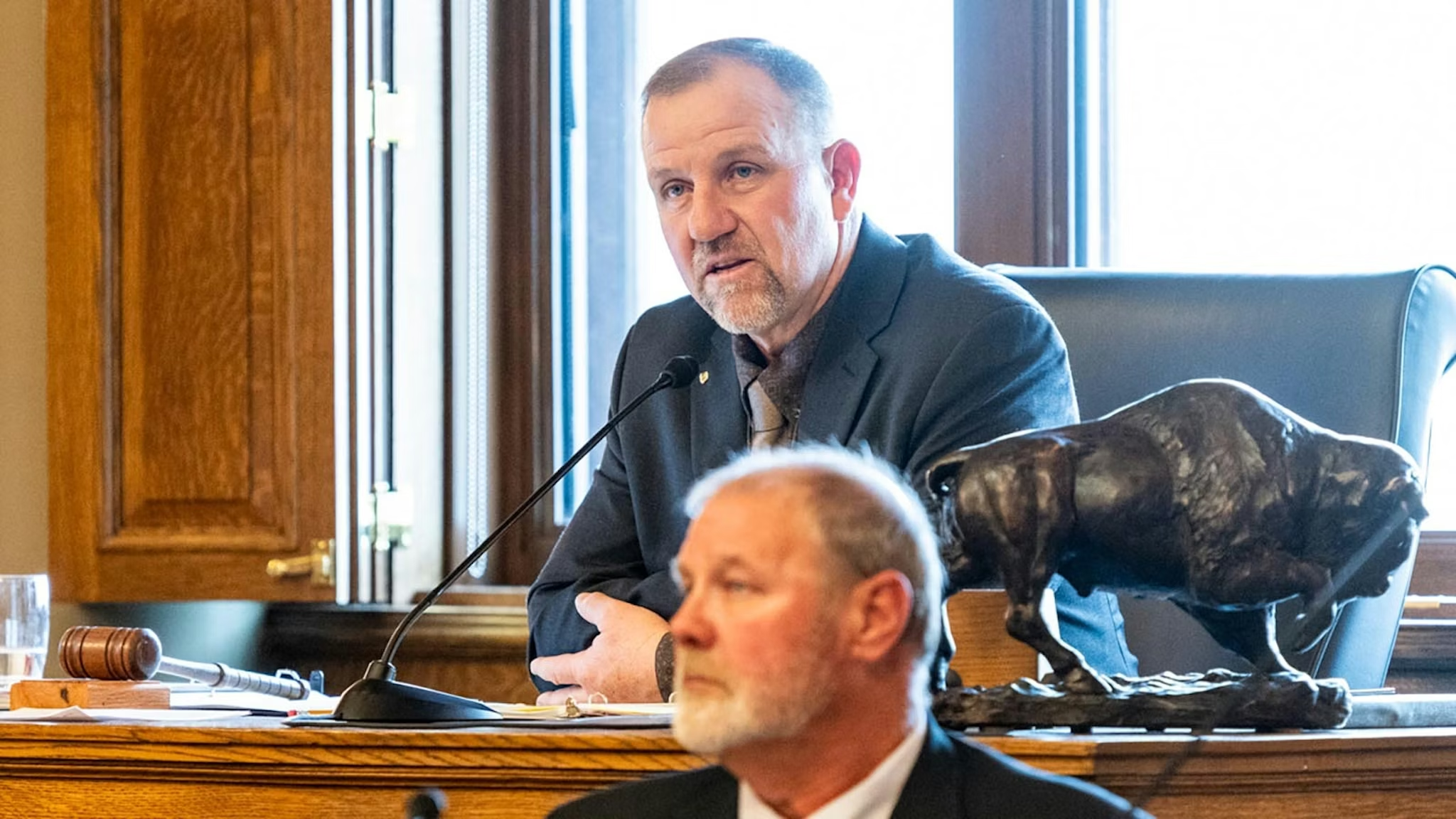




The latest news in your social feeds
Subscribe to our social media platforms to stay tuned